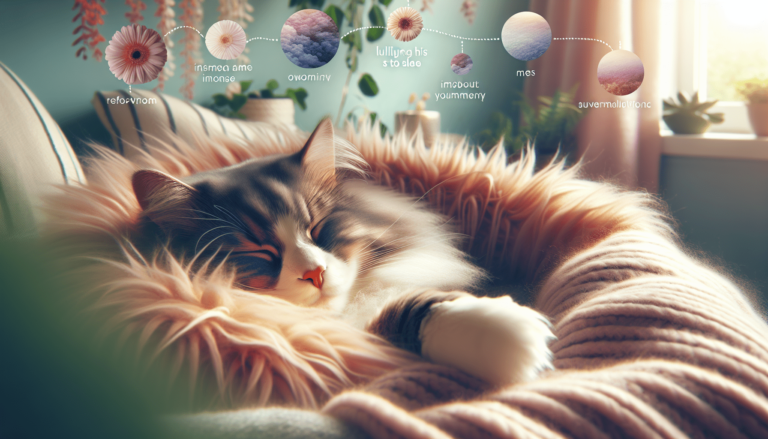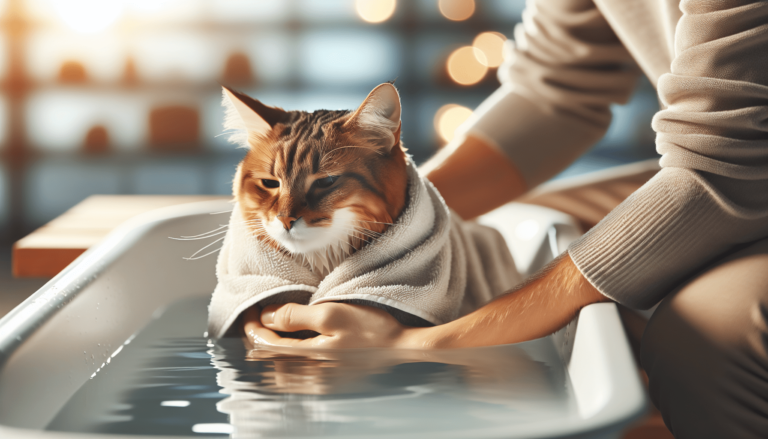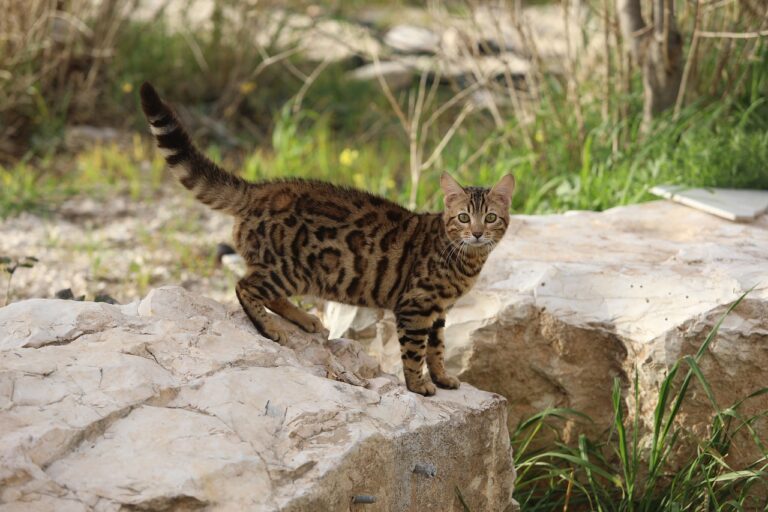Do Indoor Cats Need Shots
If you have an indoor cat, you may be wondering if they really need shots. The short answer is yes, even indoor cats should receive vaccinations to protect them against diseases. While indoor cats are less likely to encounter infectious diseases, they can still be exposed to illness through contact with other animals, people, or even objects brought into the home. By keeping your indoor cat up to date on vaccinations, you can ensure their health and prevent the spread of potentially harmful diseases. Do Indoor Cats Need Shots?
Exploring the Vaccine Needs of Indoor Cats
If you’re a cat owner, you may be wondering whether your indoor feline friend needs shots. While it may seem like indoor cats are less exposed to potential diseases, it’s important to consider the necessity of vaccinations to ensure your pet’s health and well-being. In this article, we’ll explore the reasons why indoor cats still need shots, the types of vaccinations they require, and how to best protect your beloved pet.

Understanding the Importance of Vaccinations for Indoor Cats
Vaccinations play a crucial role in protecting cats from a range of serious and potentially life-threatening illnesses. Even though indoor cats have limited exposure to external threats compared to outdoor cats, they are still at risk of contracting diseases through various means. It’s important to remember that some diseases can be transmitted through contact with humans, other pets, or even objects in the environment.
Reasons Why Indoor Cats Still Need Shots
Indoor cats may come into contact with pathogens brought in by humans or other animals, making them susceptible to diseases such as rabies, feline leukemia virus (FeLV), and feline immunodeficiency virus (FIV). Additionally, some cats may accidentally escape outdoors or be exposed to other animals during visits to the vet.
It’s important to remember that vaccines not only protect individual cats but also contribute to the overall community of pets by preventing the spread of diseases. By vaccinating your indoor cat, you’re not only safeguarding their health but also supporting the well-being of other animals in your community.
Common Vaccinations for Indoor Cats
When it comes to vaccinations for indoor cats, there are several key shots that are typically recommended by veterinarians. These include:
| Vaccine | Purpose |
|---|---|
| Rabies | Protects against rabies virus |
| Feline Panleukopenia | Prevents feline panleukopenia (FPL) |
| Feline Calicivirus | Guards against feline calicivirus |
| Feline Herpesvirus | Protects against feline herpesvirus |
| Feline Leukemia | Prevents feline leukemia virus (FeLV) |
It’s essential to consult with your veterinarian to determine the appropriate vaccination schedule for your indoor cat based on their lifestyle, age, and overall health. Regular check-ups and vaccinations are key to ensuring your cat remains healthy and protected from potential diseases.
Side Effects of Cat Vaccinations
While vaccinations are generally safe and well-tolerated by most cats, some may experience mild side effects such as lethargy, mild fever, or soreness at the injection site. These symptoms typically resolve on their own within a few days. In rare cases, more severe side effects can occur, so it’s crucial to monitor your cat closely after receiving vaccinations and contact your veterinarian if you notice any concerning signs.
Tips for Keeping Your Indoor Cat Healthy
In addition to vaccinations, there are other ways to ensure the health and well-being of your indoor cat. Here are some tips to help you keep your furry friend happy and healthy:
Providing a Balanced Diet
A nutritious diet is essential for your cat’s overall health and well-being. Make sure to feed your cat a balanced diet that meets their specific nutritional needs. Avoid overfeeding or giving your cat unhealthy human foods, as this can lead to obesity and other health issues.

Regular Exercise and Mental Stimulation
Even indoor cats need regular exercise and mental stimulation to stay healthy and happy. Provide your cat with interactive toys, scratching posts, and climbing structures to keep them physically and mentally engaged. Regular playtime with your cat is also a great way to bond and keep them active.
Regular Veterinary Check-ups
Regular check-ups with your veterinarian are crucial for monitoring your indoor cat’s health and catching any potential issues early. Your vet can provide guidance on vaccinations, parasite prevention, dental care, and other aspects of your cat’s well-being. Don’t hesitate to schedule check-ups at least once a year for preventive care.

Creating a Safe Indoor Environment
Ensure your indoor environment is safe and cat-proofed to prevent accidents and injuries. Keep toxic plants, chemicals, and small objects out of reach, and provide secure windows and doors to prevent escapes. Creating a comfortable and stimulating indoor environment will help your cat feel content and safe.
Conclusion
While it may be tempting to think that indoor cats don’t need vaccinations, the reality is that vaccines are essential for protecting their health and well-being. By staying informed about the necessary shots and following a proper vaccination schedule, you can ensure that your indoor cat leads a long and healthy life. Remember that prevention is always better than treatment when it comes to your beloved pet’s health. Consult with your veterinarian to create a personalized vaccination plan that meets your cat’s individual needs and lifestyle. By taking proactive steps to keep your indoor cat healthy, you’ll be providing them with the best possible care and protection.







